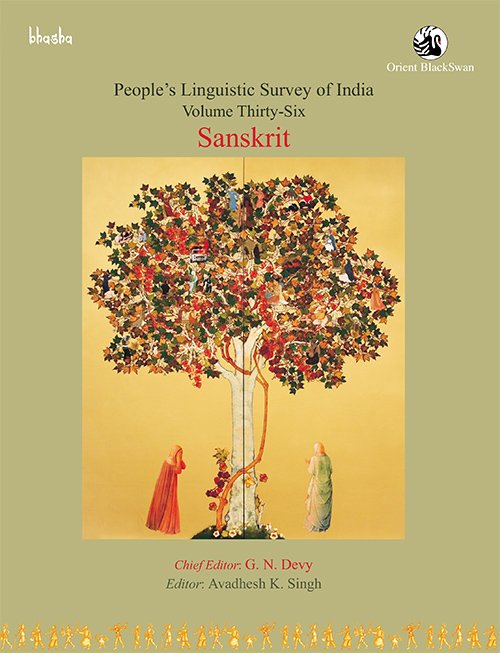Contribution to ‘Sanskrit’, People’s Linguistic Survey of India
Dr. Shakuntala Gawde has contributed to the book Sanskrit, People’s Linguistic Survey of India, volume 36 edited by Ganesh N. Devy and Avadhesh K. Singh. She has authored four articles namely ‘Sanskrit: A brief overview’, ‘Origin of the Sanskrit Language’, ‘Sanskrit teaching Institutions in India’ and ‘Sanskrit Teaching Institutions outside India’. These articles are published […]
Continue Reading




